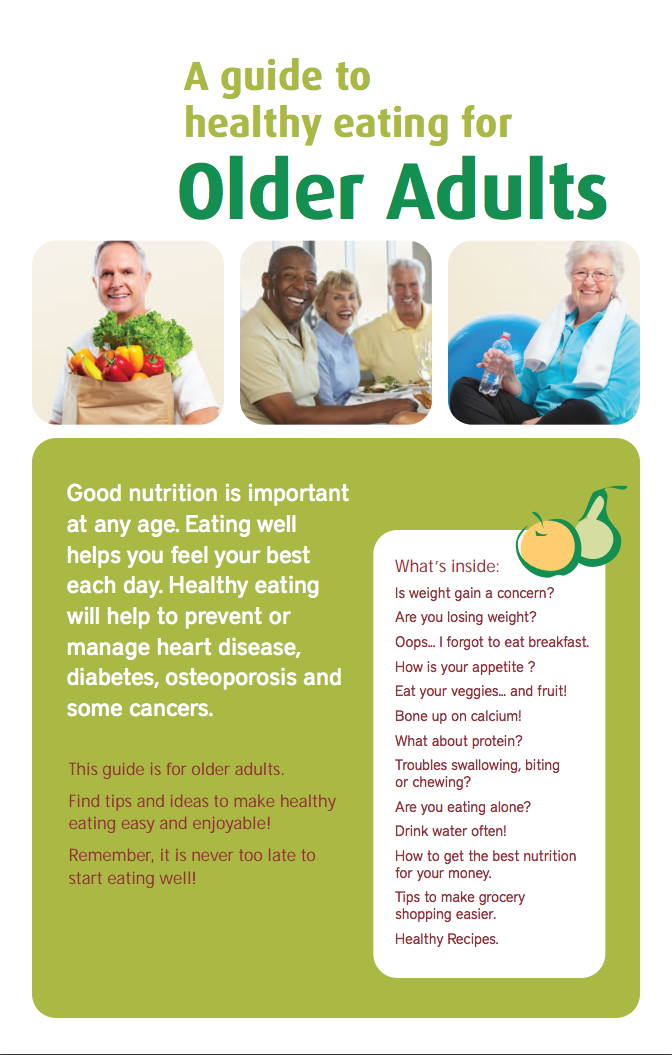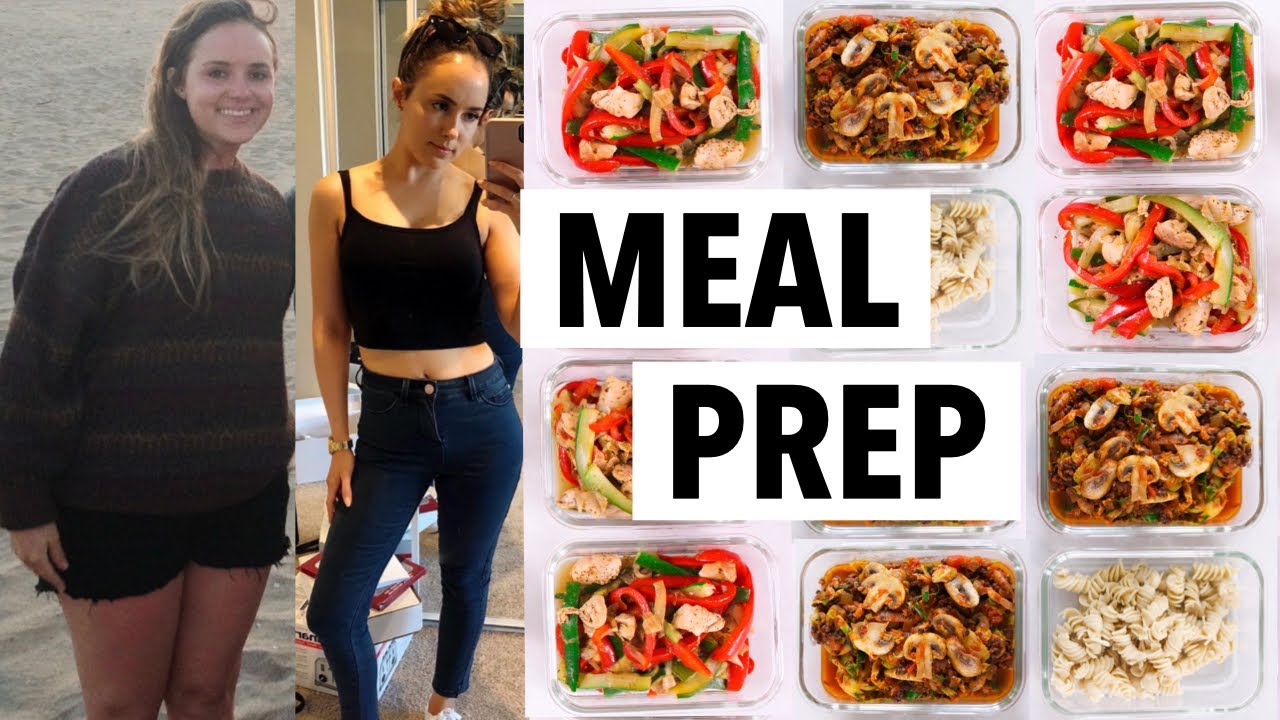
Although fruits and vegetables are rich in nutrients, they can be combined with other foods to help you lose weight. Try combining them with proteins and low-carbohydrate foods to lose weight. These combinations will help you cut calories and burn stored fat. For example, Greek yogurt contains a high amount of protein that will help you build muscle, while also reducing fat. It is high in calcium and vitamin D which can help you lower your cortisol levels which are fat-promotinghormones. Almonds have antioxidants as well as polyphenols which can slow down fat cell formation. Organic food combinations such as these have been proven to increase metabolism and burn stored fat.
Fruits & Vegetables
A diet rich in fruits and vegetables can have many health benefits including a lower risk of stroke and heart disease. According to the Nurses' Health Study, a Harvard-based research project, a diet rich in fruits and vegetables reduces the risk of heart disease and stroke by nearly 50 percent. The study tracked the health of almost 110,000 people for 14 years and found that heart attacks and cancer rates were reduced by half.

A 100 calorie serving of fruit or vegetables is not enough to make a meal. In addition, a piece of fruit contains more water and fiber than a standard serving of food. Consuming fruits and vegetables on an ongoing basis can help you lose weight. Also, they are very filling and will make you feel full longer. Fruit juices don't provide much satiation. If you eat the whole piece of fruit, you will feel fuller more often.
Protein
When it comes to weight loss, eating protein with carbohydrates can help boost your metabolism, stabilize blood sugar levels, and keep you full longer. A staggering number of Americans suffer from high blood glucose levels. This combination of proteins and carbohydrates is an effective way of losing weight and keeping your metabolism in check. A small amount of protein should be included in each meal. You will lose weight quicker if you consume one to two meals a day of protein.
High-protein diets are not only good for weight loss but also can be beneficial for your health. Proteins can change hormone levels in the body and alter your appetite and hunger. They also help fill you up and reduce your cravings, so it's important to include plenty of healthy fat in your diet. Egg whites are low in calories but high in protein. It is recommended that you consume between two and three egg whites each day.
Low-carbohydrate
Low-carbohydrate vegetables are those that are rich in vitamins or fiber. Sliced chicken, carrots, and Brussels sprouts are some examples of low-carbohydrate foods. You can also prepare a meal with fish or beans. A steak and vegetable stew takes just four minutes. While cauli is five minutes. For dessert, choose low-carb chocolate.

Consuming fiber-rich foods will make you feel fuller longer. High-fiber carbohydrates are good for weight loss because they slow digestion, which helps your body lose weight. Fiber does not help you digest food. It simply pushes it through your system. Fiber will make you feel fuller and help prevent you overeating. Combining protein and carbohydrates can help you lose weight and burn fat. There are many benefits to this combination.
FAQ
What can I drink in the morning while intermittent fasting?
You should try drinking water first thing in the morning. This will make you feel fuller and give you energy all day. Add lemon juice or cucumber pieces to spice it up.
How much weight can you lose in one week?
Your current bodyfat percentage determines the amount of weight you will be able to lose. First, calculate how much weight your goal weight is and then determine what your BMI (Body Mass Index). Your BMI (Body Mass Index) tells you how much weight should be lost to reach your goal. If your BMI is 25 or greater, you're overweight. If your BMI is more than 30, you are obese.
For example, if you weigh 200 pounds, your BMI would be calculated at 28.7. This would mean that you'd have to lose about 70 pounds in order to reach a healthy weight. To see if you're overweight, visit www.healthyminds.com/bmi/.
Once you know your BMI, you can use this formula to figure out how many pounds you'll lose per week:
(Your Goal Weight - Current Weight)/BMI * 7 Number Of Pounds Lost Per Week
To lose 50 pounds in a month, you would need to exercise for 2 weeks. That's 56 days divided by 7 pounds per day. This works out to 8.3 lbs per week.
You could also try this calculator from www.weightlosscalculator.net. It provides an estimate of the number of calories you should consume each day to lose 12 pound per week.
What's the best exercise for busy people?
Exercise at home is the best method to stay fit. You don't have to join a gym or go to a fitness center to stay fit. You don't need to spend a lot of money on expensive equipment to do basic exercises at home.
It is all that you need: a pair or dumbbells, a pad, a chair and a timer.
The most important thing is ensuring you are consistent with your workouts. If you miss a few days, then you may lose all motivation.
A great way to start off would be to try lifting weights three times per week. This could include push-ups/pullups/squats/lunges, pushups/pullups, dips/curls, and so on.
Once you have mastered these basic movements, you can move on other types of exercises such as running, jumping rope, skipping, yoga, Pilates, dancing, cycling, swimming, weight training, tennis, golf, hiking, basketball, football, soccer, volleyball, badminton, squash, etc.
Choose the one that fits your lifestyle. Avoid exercises that demand too much energy if you work long hours.
If you're a night owl then it is better to exercise in the evening than in the morning.
Be aware of your body and rest when you feel tired.
How to Create an Exercise Routine?
First, create a routine. It's important to have a plan for each day. This helps you plan ahead and avoid procrastination.
The second thing is to ensure that you have plenty of variety in your workout. You don't want your exercise to be monotonous.
It is important to track your progress. It is crucial to track how much weight has been lost or gained.
It's easy for people to lose motivation when they start by losing weight. If you gain excessive weight, it can be difficult to remain motivated.
Try to strike a balance in your weight loss and weight gain. If you are unhappy about where you are, it will make you less likely to exercise.
Statistics
- According to Harvard Health, it's estimated that a 155-pound (70-kg) person burns roughly 112 calories per 30 minutes of weight training (5). (healthline.com)
- According to a study sponsored by the American Council on Exercise, a person weighing around 140 pounds (64 kg) would burn 108 calories at a 30-minute beginner's Pilates class or 168 calories at an advanced class of the same duration (26). (healthline.com)
- One 6-month study showed that simply doing 11 minutes of strength-based exercises 3 times per week resulted in a 7.4% increase in metabolic rate, on average. (healthline.com)
- According to Harvard Health, it's estimated that a 155-pound (70-kg) person burns around 167 calories per 30 minutes of walking at a moderate pace of 4 mph (6.4 km/h) (5). (healthline.com)
External Links
How To
How to lose belly fat fast?
You should know that losing bellyfat is difficult. It takes dedication and hard work. If you apply these tips, you'll see the results.
-
Healthy Food Healthy food is important. Ensure that you eat foods like fruits, vegetables, whole grains, lean protein, low-fat dairy products, nuts, seeds, beans, legumes, fish, poultry, eggs, olive oil, low-sugar fruits and vegetables, and stay away from junk food.
-
Drink Water. Water is good for you. It keeps your body hydrated so that you feel satisfied and full for longer periods. Get plenty of water every single day.
-
Cardio Exercises. Cardio exercises help to burn more calories, build muscle mass, and improve your cardiovascular health. They also boost your metabolism and improve your heart condition. You should do at least 30 minutes of cardio exercise per day.
-
Get Enough Sleep. Good health is dependent on sleep. A lack of sleep can lead anxiety and stress that can then be exacerbated by unhealthy habits like smoking and drinking.
-
Reduce stress levels. Stress affects our brain chemistry and hormonal levels. Cortisol is a hormone that causes stress to increase hunger pangs and increases cravings for high-calorie food.
-
Take regular breaks. You should take regular breaks throughout your day. Get out and take a stroll or a brief nap. This will allow your body and mind to rest and recuperate.
-
Avoid Alcohol Consumption. Avoid alcohol consumption. It is high in empty calories and slows down your digestion. Drinking alcohol is not a good option if you want to lose weight.
-
Have Fun